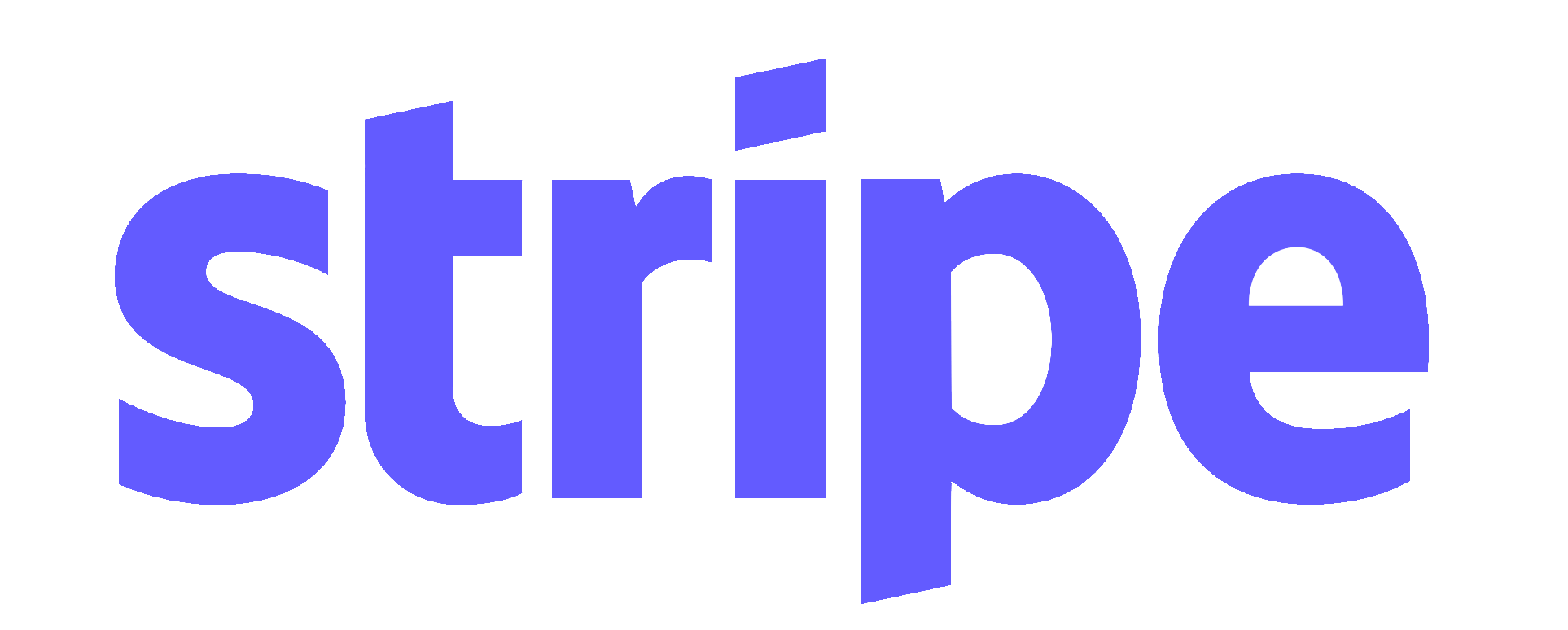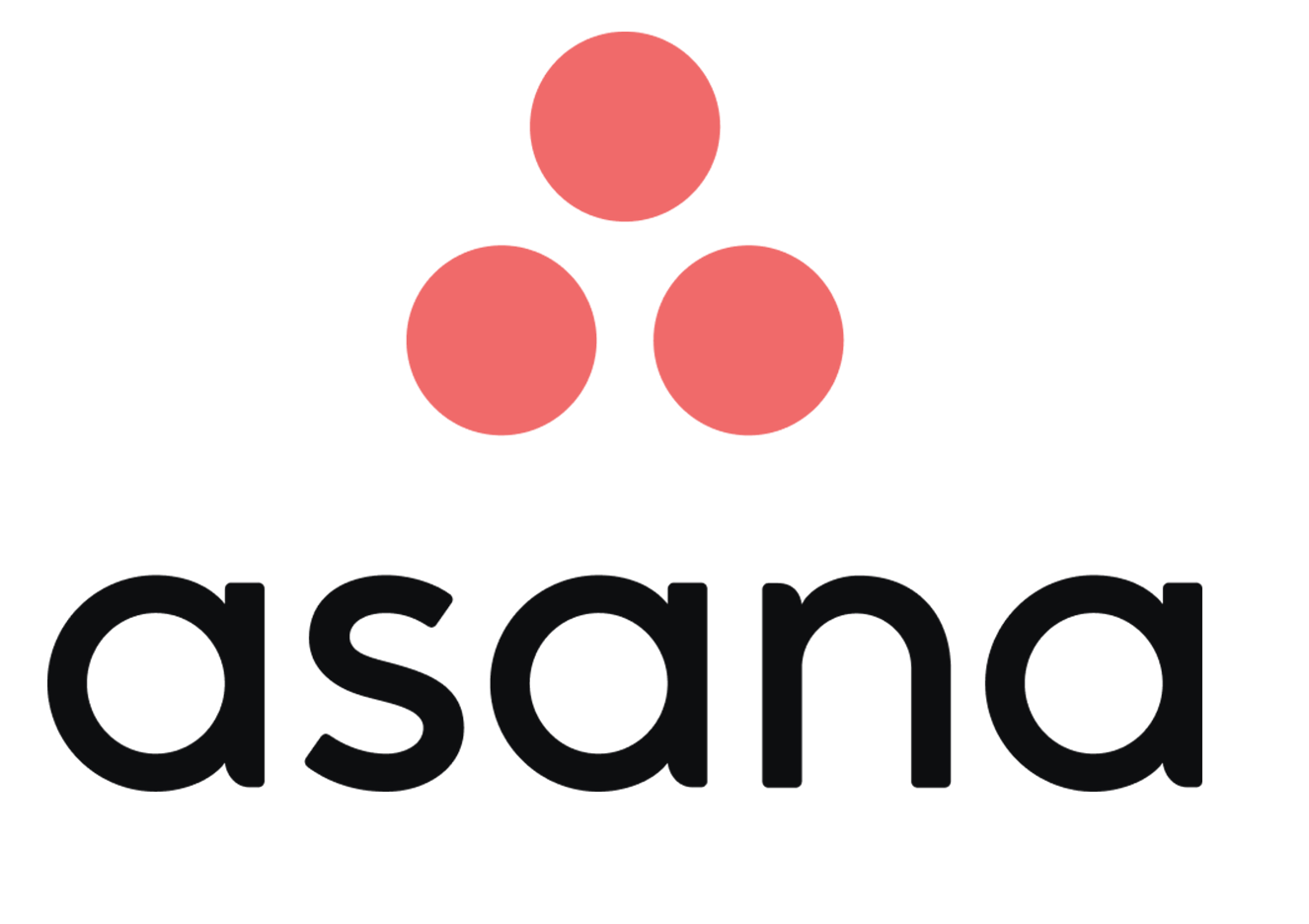
Mission: Our mission is to increase the GDP of the internet
How would you choose between the subscription and the market-place based options i.e. evaluate which would be better for the business in the long run?
Can you share a project experience that shows how you collaborate with others?
Standard SQL and communication questions.
Stage 1: A take home project
Stage 2: An onsite interview consisting of 6 back to back interviews, each 45 about minutes long.








Pathrise is a career accelerator that helps people land their dream jobs. We regularly place our fellows at top companies like Apple, Amazon, and Meta. Our mentors have experience at companies like Apple, giving fellows the inside scoop on interview and company culture in 1-on-1 sessions.
We can’t guarantee you a job at a specific company like Apple. But we do guarantee you a great job–if you don’t accept an offer in 1 year, you pay nothing. Our income share agreement means you only pay with a percentage of your income at your new role.
Mentors work with fellows at every stage in search, helping them build the skills necessary to be the best candidate possible. Fellows in Pathrise usually see a 2-4x increase in application response rates, 1.5-3x increase in interview scores, and 10-20% increase in salary through negotiation.